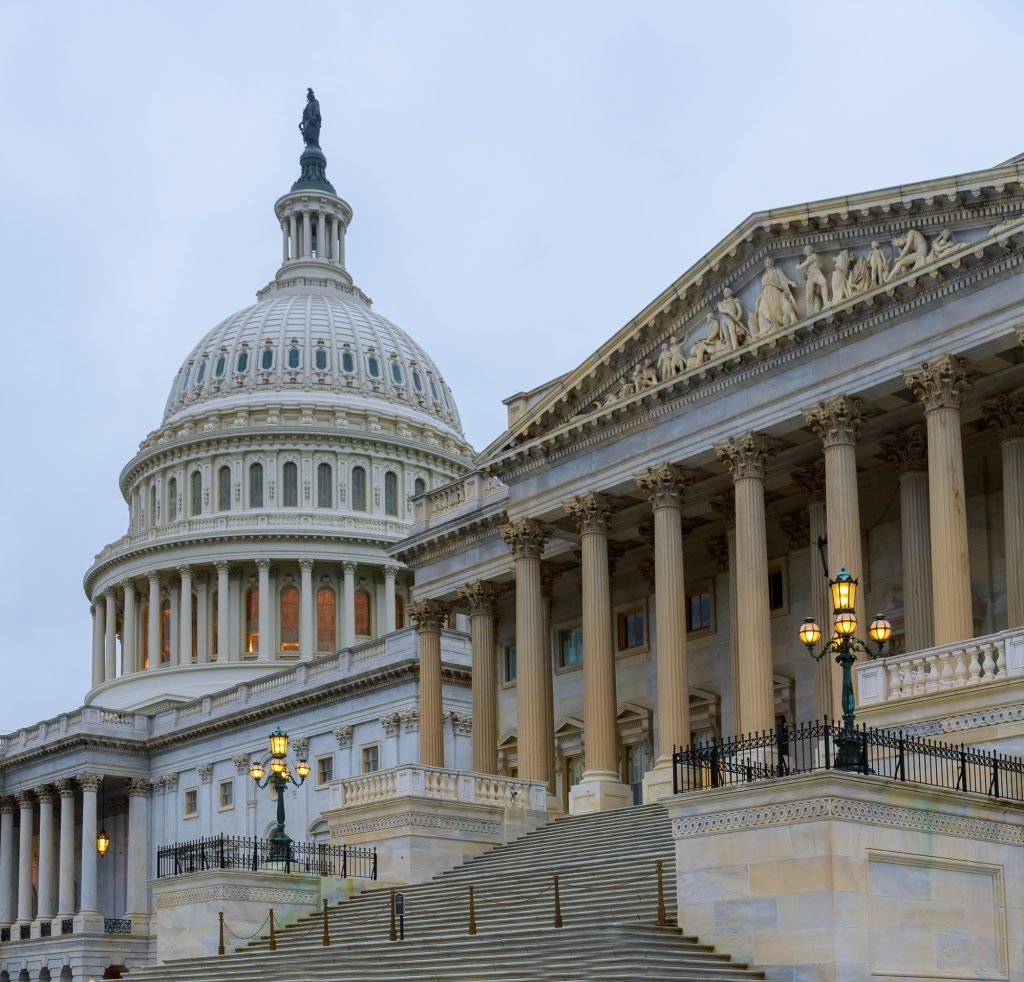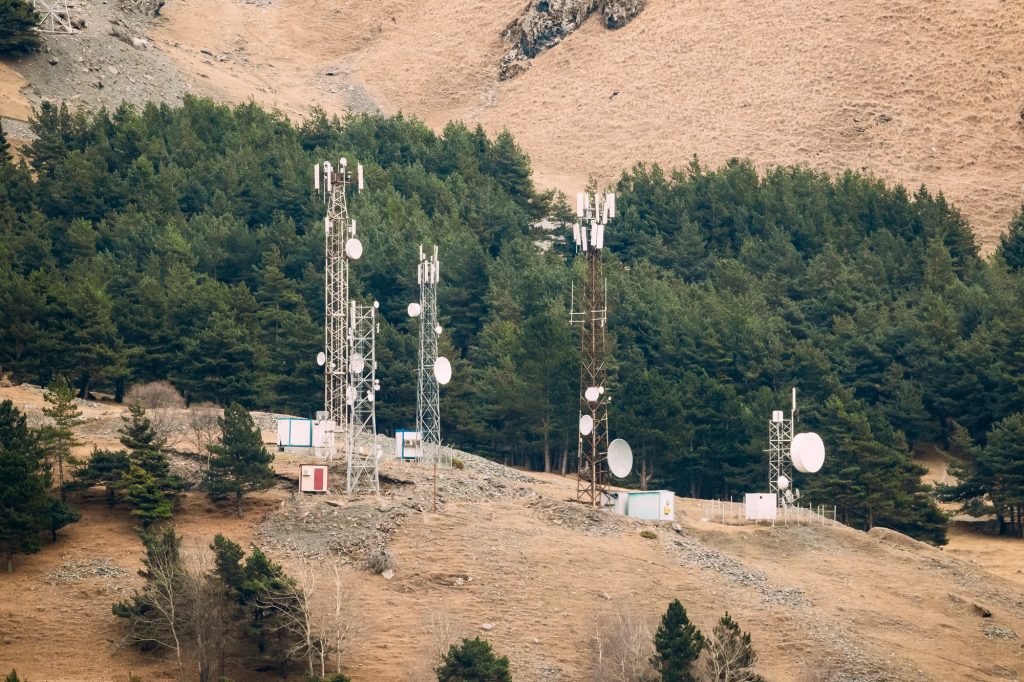What to Expect in an Era of Escalating Cyber Threats

A wave of high-profile security breaches has reignited global concerns about digital infrastructure resilience. As attacks grow in scale and sophistication, experts warn that without immediate reforms, both private industry and national security interests remain at considerable risk.
ISP Cybersecurity Gaps Open the Door for Threat Actors

Internet Service Providers (ISPs), the digital custodians of connectivity, are facing intensifying cyber threats as gaps in their cybersecurity frameworks continue to expose critical infrastructure. Experts warn that these vulnerabilities not only endanger private user data but also compromise national security.
FCC Forms Council on National Security to Counter Foreign Cyber Threats

In response to escalating cyber threats from foreign adversaries, especially China, the Federal Communications Commission (FCC) has established the Council on National Security. This initiative aims to strengthen the United States’ telecommunications network to counter cyberattacks and espionage, ensuring the country remains a global leader in critical technologies such as artificial intelligence and 5G.
AMD Completes ZT Systems Purchase; Eyes Data Center Acquisition

AMD (NASDAQ: AMD) has made a significant advancement in its artificial intelligence with the completion of its $4.9B acquisition of ZT Systems. The result of the pairing will be a […]
Worldwide Telecom Equipment Expected to be Flat in 2025 After Slump

In what was, overall, a difficult year, telecom equipment makers began to see improvements in the second half of 2024, according to Dell’Oro Group. The revenue drop of 11 percent […]
T-Mobile’s Proposed Acquisition of UScellular Faces Scrutiny Over Potential Service Reductions

Consumer advocacy groups and labor unions are urging the Federal Communications Commission (FCC) to reject T-Mobile’s proposed $4.4 billion acquisition of UScellular, citing concerns over potential service reductions, job losses, and decreased market competition.
House Urges Swift Action to Preserve Rural Broadband and Telecom Access

In a unified move to preserve essential rural connectivity, the U.S. House of Representatives has passed a bipartisan resolution calling on Congress to protect rural broadband and telecommunications services. The resolution reflects growing concern over the potential loss of connectivity in underserved areas due to funding shortfalls and policy uncertainty.
Crown Castle Sees Active Carriers in Q4; Echoes Other Towercos

Tower CEOs spoke of the importance of C Band spectrum to the carrier’s deployment activities, during the earnings calls.
House Panel Advances Bipartisan Bills to Strengthen NTIA’s Cybersecurity Role

To bolster the nation’s cybersecurity framework, the House Energy and Commerce Committee has unanimously approved two bipartisan bills to expand the National Telecommunications and Information Administration’s (NTIA) role in protecting U.S. communications networks.
With Fiber, Small Cell Sale, Crown Castle Trades Diversification for Focus on Towers

The transaction is the culmination of a turbulent time for Crown Castle and its board, which included a leadership change and a year-long strategic review of its fiber business.
